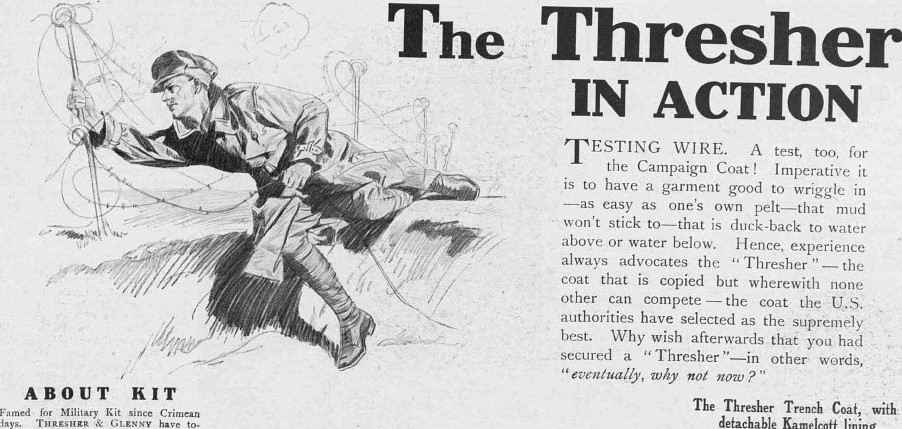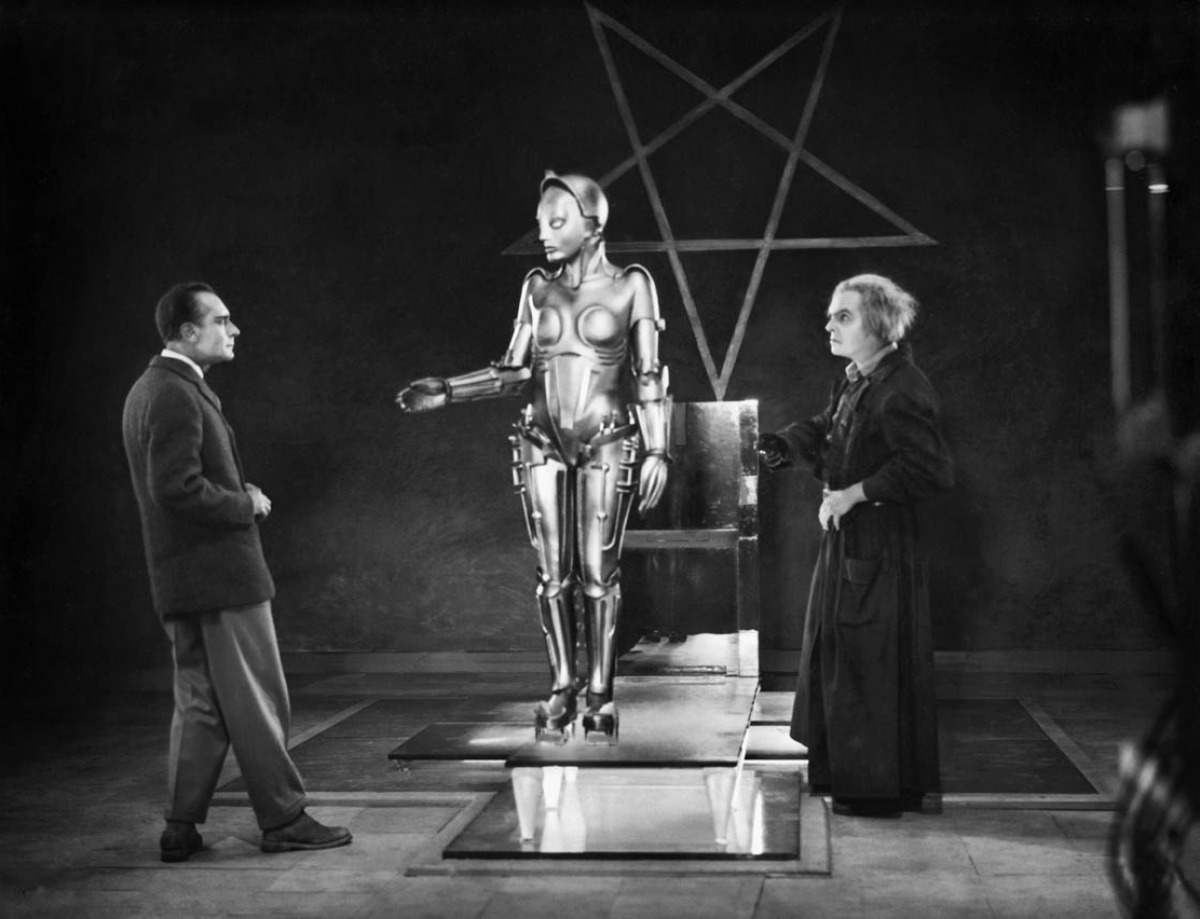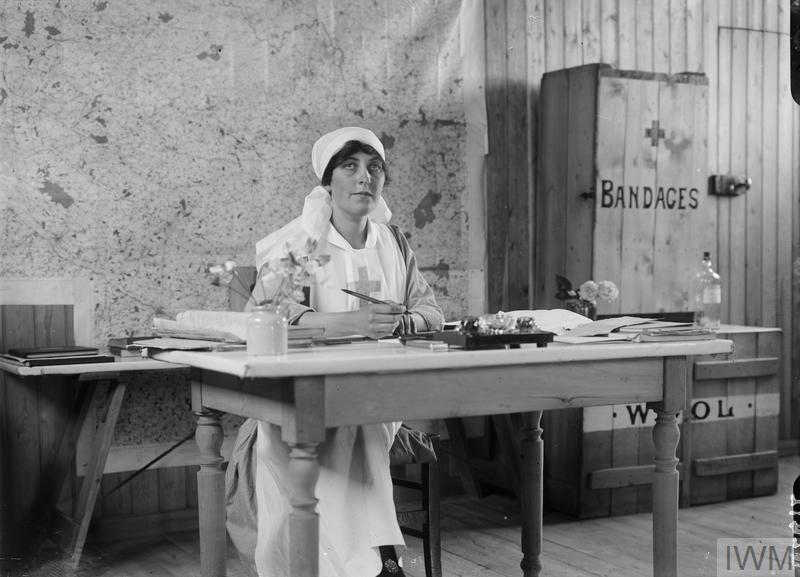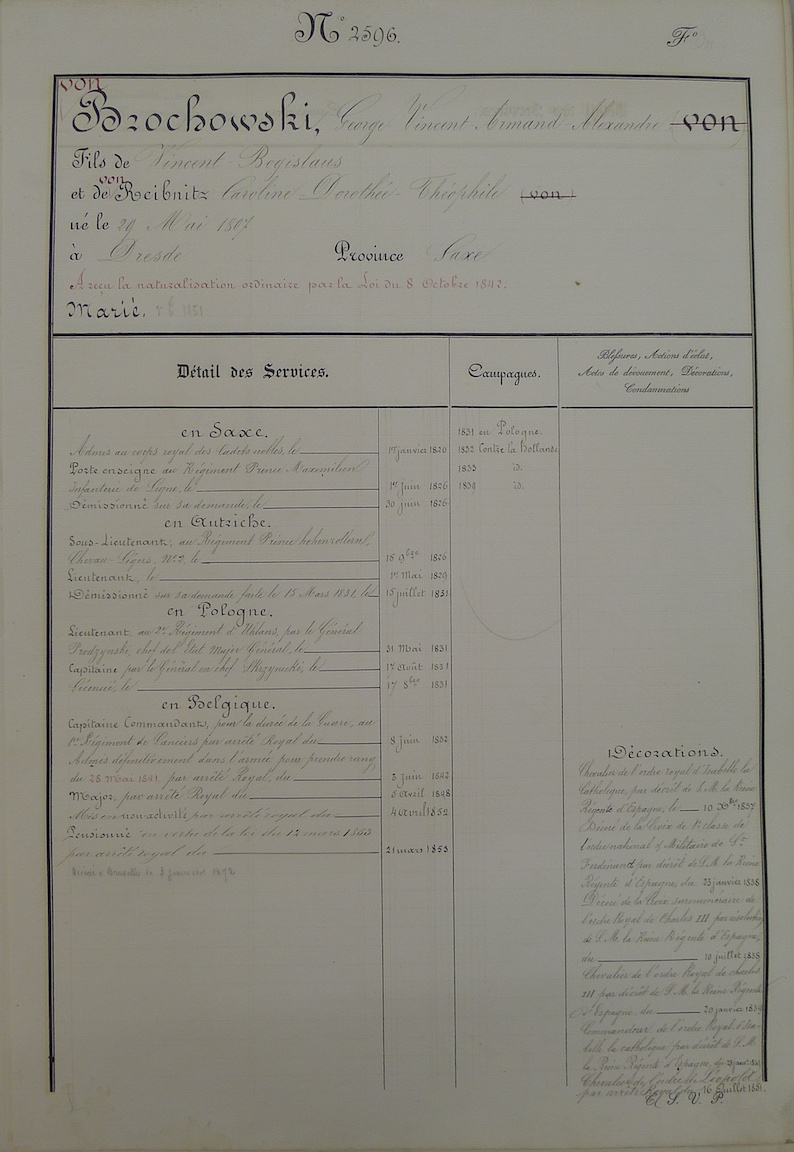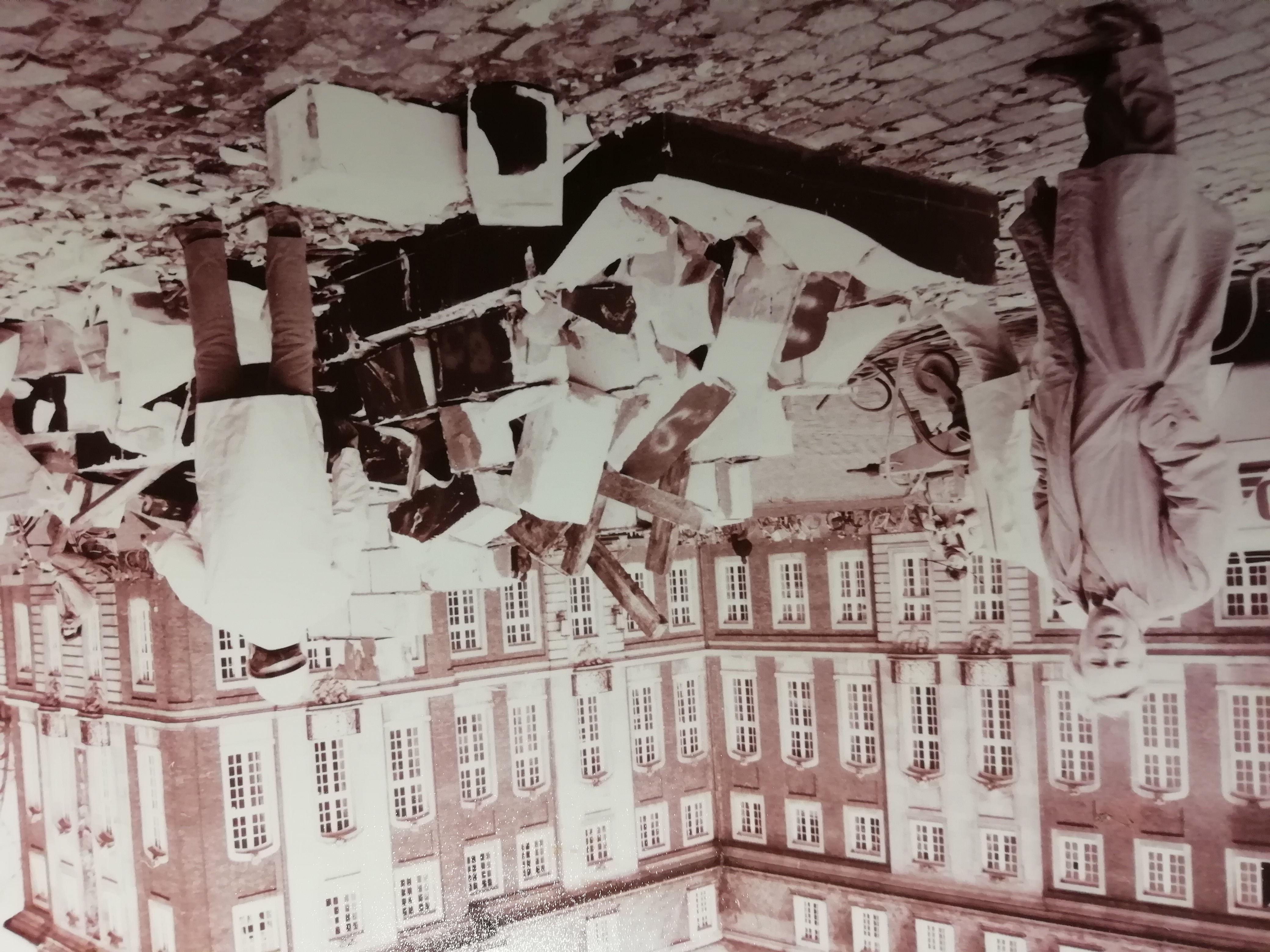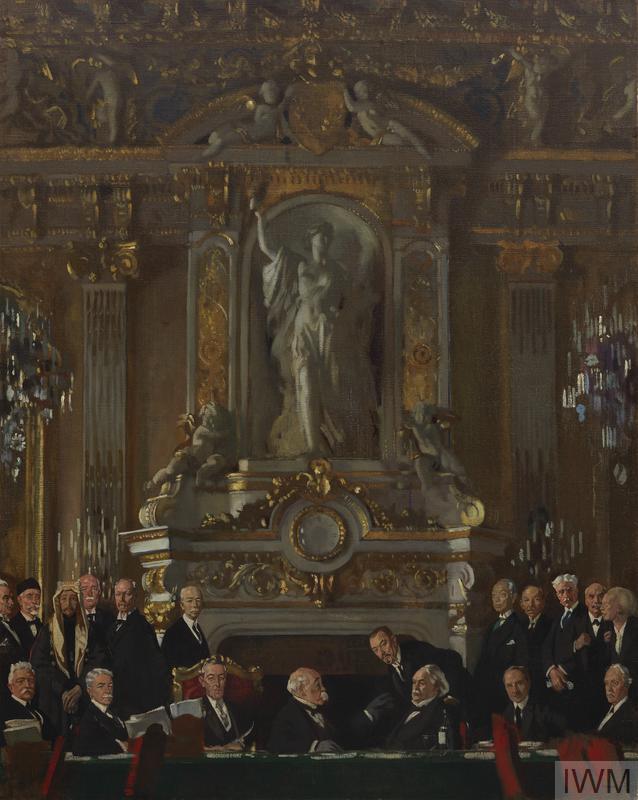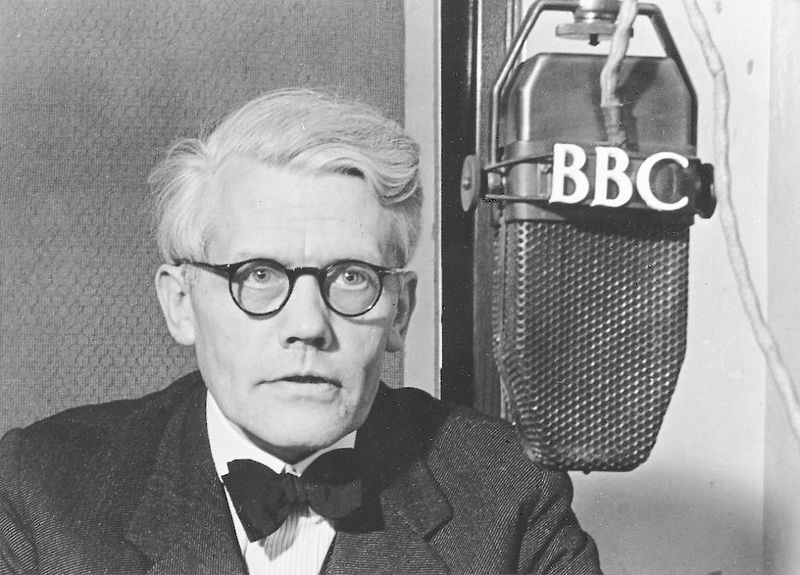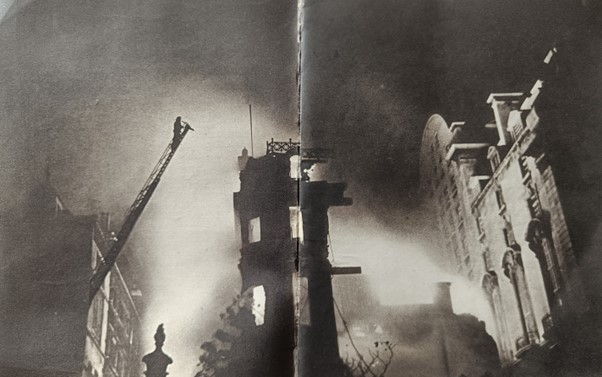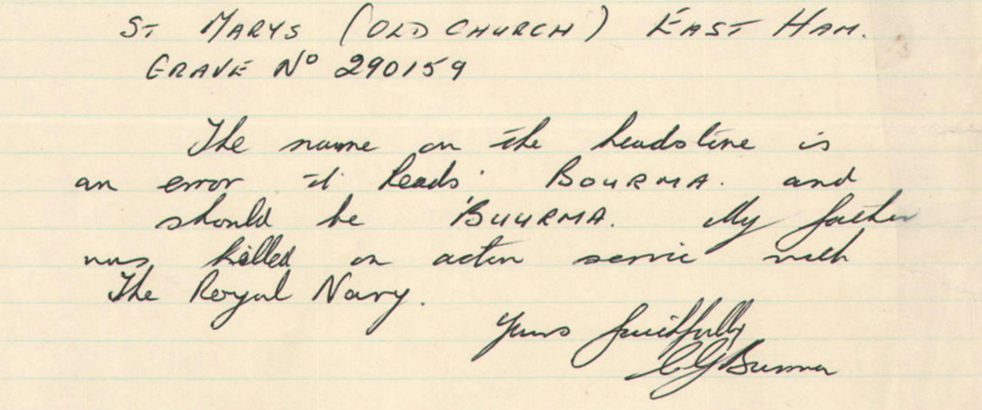Written by Andrew McCarthy
“‘You’re in a tight corner, Richard Hannay’, I said to myself. I was crouching behind the Chesterfield in the drawing room. Von Schwabing’s men kept up a steady fire. Bullets had shattered the French windows, and the curtains billowed in the breeze. I knew that Sandy and his men were on the other side of the garden wall. If I could cut across the lawn and reach the wall, I might have a chance. I buttoned my Aquascutum, and made sure that my pistol was secure on its lanyard. I stepped through the shattered windows, and took aim at a rifleman kneeling beside a tree. A pistol bullet bored through my hat. I fired. The rifleman slumped to the ground. This was going to be a first-class show.”
2 Comments
